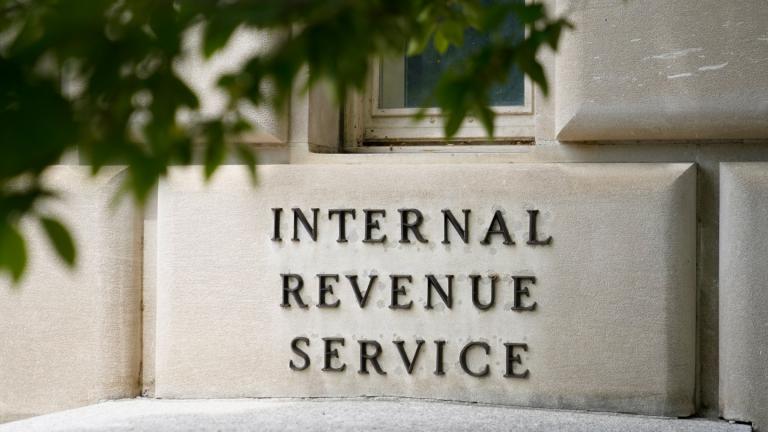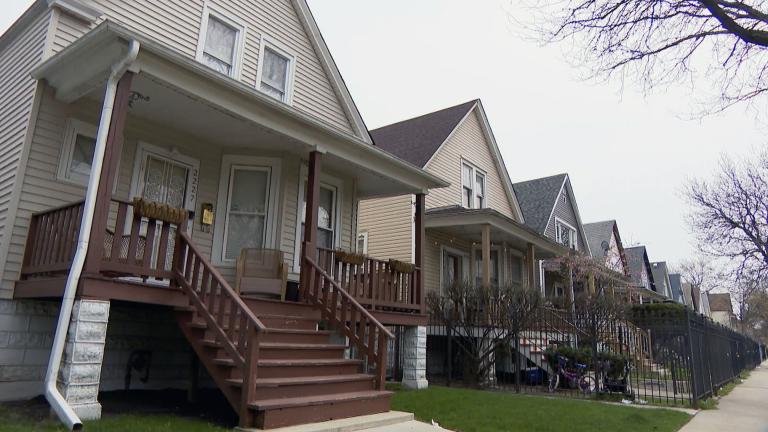Illinois tax revenues plummeted when COVID-19 hit, but according to the Illinois Department of Revenue, they’re rising again.
Sales and use tax receipts are up 17% from January-September of this year compared with the same period pre-pandemic in 2019.
It could be that people are shopping more, albeit in different ways.
Or it may be that retailers that had not been remitted sales taxes previously are now, due to state laws implemented in 2020 and 2021 that aim to capture more online sales taxes.
“The question is, which is it? And the answer is both,” said President of the Taxpayer Federation of Illinois Carol Portman. “When you are collecting tax and remitting you don’t say to the Department of revenue, ‘This is the amount that I wouldn’t have collected until you made me.’ You just turn over, you say, ‘Here’s our sales.’ And they (the state revenue department) do know, they’ve seen an uptick in new retails in their system, new taxpayers from that perspective.”
When shopping shifted from brick-and-mortar stores to online, logistical and legal issues prevented states nationally from catching up. Until 2018, U.S. Supreme Court decisions prevented states from forcing online sellers without an in-state physical presence to collect sales taxes for them.
The federal Wayfair decision opened the door to instituting that requirement for many online retailers, but even since there have been holes.
It’s tax policy – so there are caveats and complications depending on the particulars.
But broadly, so-called marketplace facilitators – like Amazon, E-Bay and Etsy but also smaller similar websites – were exempt from having to collect sales taxes in Illinois until a law took effect in 2020 that required they charge the state sales tax of 6.25%.
“Even that was still frustrating to municipalities who weren’t getting their piece of it, and to some of the brick-and-mortar retailers who were still collecting over 10% in some places, and their virtual competitors were still collecting – tax was now being applied, but only at six-and-a quarter – whereas if you’re at a jurisdiction where the tax is over 10%, you’re still at a competitive disadvantage,” Portman said.
In other words, in Chicago – where city and county taxes drive the tax rate up to 10.25% – brick-and-mortar shops were still at a competitive disadvantage compared to online outfits that only had the charge the state’s 6.25%.
The Levelling the Playing Field for Illinois Retail Act, implemented in 2021 changed that; now e-marketplaces must also remit local sales taxes.
Given that the laws took effect in January ’20 and ’21 respectively, they were in effect at the same time as the pandemic increasingly drove shoppers to online shopping carts.
“We all rather would not have had a pandemic to prove a point, but good timing,” said head of the Illinois Retail Merchants Association Rob Karr. “Is it not over the top to say that retail literally saved state and local governments’ budgets as a result of those laws.”
Follow Amanda Vinicky on Twitter: @AmandaVinicky







